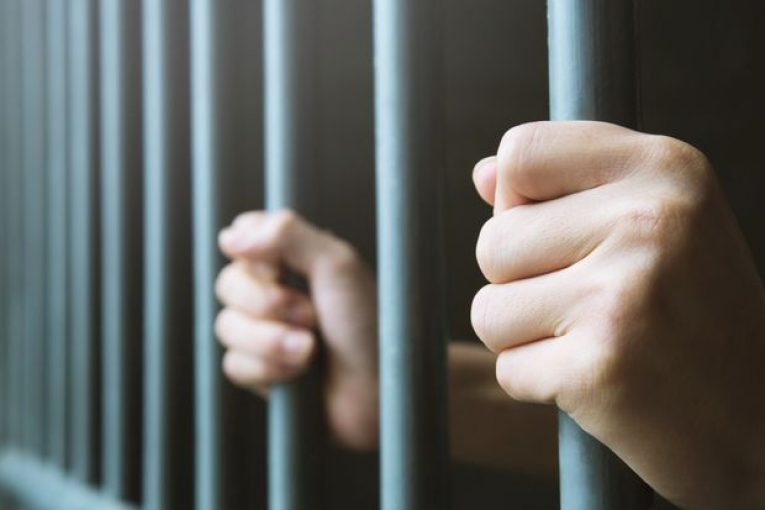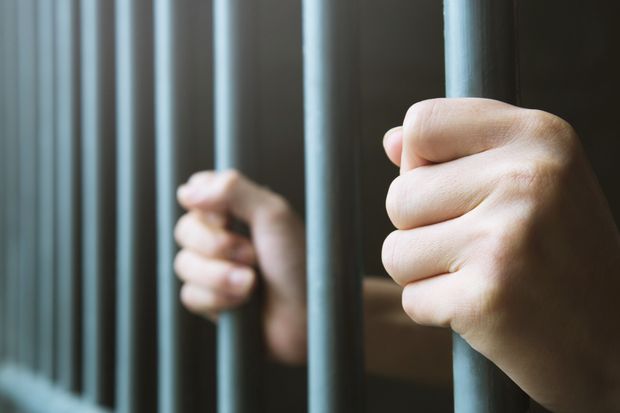

Restorative justice would help me give something back to help the people I’ve harmed, but the practice is not widespread yet in the U.S.
by Asherdon “The Artist Ra” Holloway
Our touch-deprived bodies may have been separated by physical barriers, but we were still connected through our spirits.
Raquel’s voice sounded like velvet over the phone during this prison visit. She shared her life goals with me. Then she asked me where I saw myself in the next five years.
The question pierced my soul. It wasn’t that I didn’t have any answers. I had dreams just like her. I would love to marry and raise children with her after settling into our careers. The problem was I likely wouldn’t be free in five years. I’ve already been incarcerated for over a decade, and barring unforeseen intervention, I will be in prison for more than the next five years.
Believing I could be with Raquel was a fairy tale, I told myself. But I didn’t want her to live in a world without fairy tales, so I sold her the dream, the dream that I’d get my case overturned, or be granted a sentence reduction, anything that would get me home  to her as soon as possible.
to her as soon as possible.
It was fulfilling to feel the dopamine rush of that fantasy until we ended the call and closed the portal that connected our alternate worlds.
It was a good thing that I lived in my own personal cell. Living alone gave me the peace and privacy to process my thoughts and feelings.
I have often asked myself, “What would it take for me to get to Raquel? Why do I have to have such a significant amount of time in prison anyway?” I pleaded guilty to my crimes, and I was repulsed by what I did. I was 18 years old when I committed those crimes.
I wish I could give something back to the people I harmed. I’ve tried to compensate by paying it forward. I’ve thought about what went wrong over the last decade. I’ve gained knowledge and life skills. I’ve used those skills and facilitated therapeutic group sessions for my peers and mentored young adults in my prison. But who was I to think my transformation was enough to warrant a reduced sentence?
Maybe I would have a better shot at early release if there was less discrimination against people like myself who committed violent crimes. Close to 60 percent of people admitted to prison with a long sentence in 2019 were convicted of a violent offense, according to the Council on Criminal Justice (CCJ), but I believe people with violent crime convictions should be considered for shorter sentences.
I was young and immature when I committed my crime, but I’ve undergone tremendous growth in prison since then. Recidivism data from CCJ found that people convicted of violent crimes were re-arrested at lower rates than people who committed nonviolent crimes. Shouldn’t we have greater opportunity for shorter sentences that are more in line with non-violent offenses?
I wish we had more opportunities in the U.S. for the use of restorative justice, which aims to repair harm, create accountability and decrease the likelihood of further harm. That practice can involve a meeting between the person who committed the harm and the person who was harmed. Studies have shown that restorative justice can reduce the rate of re-offending, increase a victim’s satisfaction with the criminal justice system and make them feel safer.
The use of restorative justice to adjudicate low-level offenses has grown in the U.S. over the last decade, but it’s still rarely used for violent felonies or homicides.
I don’t have the chance to show those I harmed how I have worked to right my wrongs even though this awareness could change their perception of me, and possibly help them heal. They may feel a sense of peace to know I am no longer the scoundrel I once was.
Left without those opportunities, I am stuck in prison. Raquel remains one of the few people outside of prison, who sees the good in me. For now, we’ll have to keep our flame burning, separated by bars, living in alternate worlds.
Originally published by Prison Journalism Project. Prison Journalism Project trains incarcerated writers to become journalists and publishes their stories. Asherdon “The Artist Ra” Holloway is a writer incarcerated in South Carolina.
